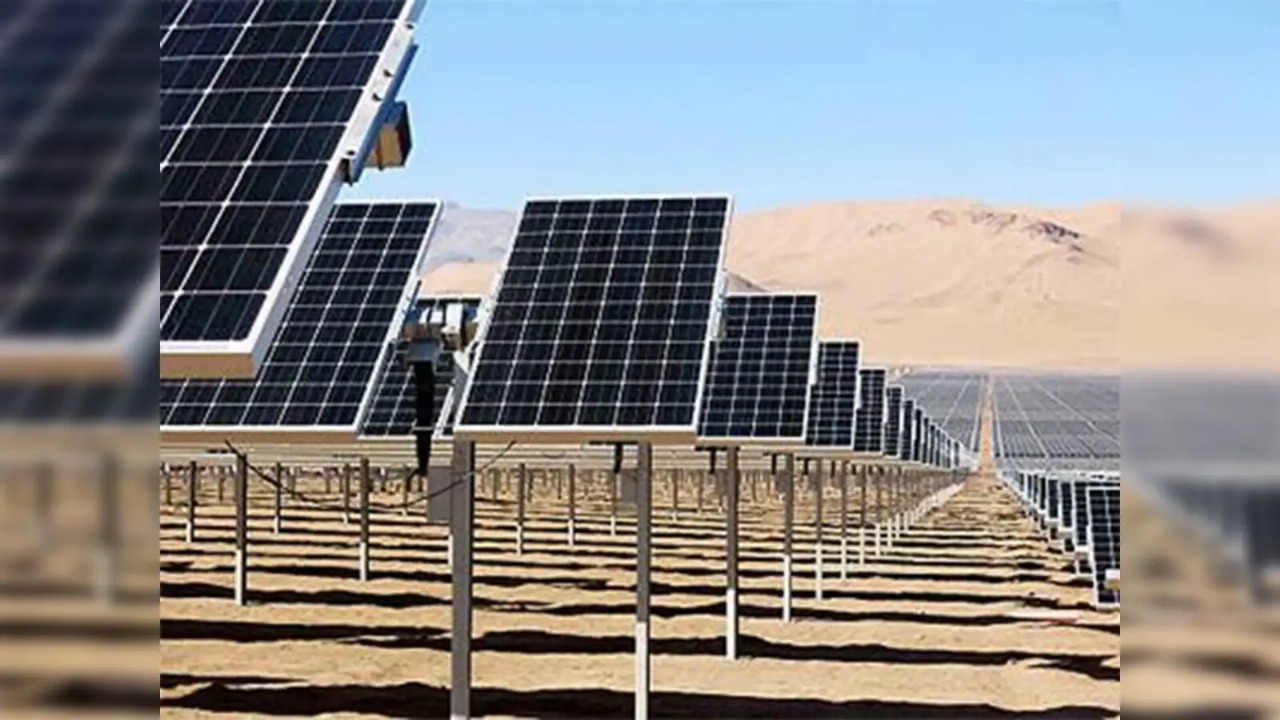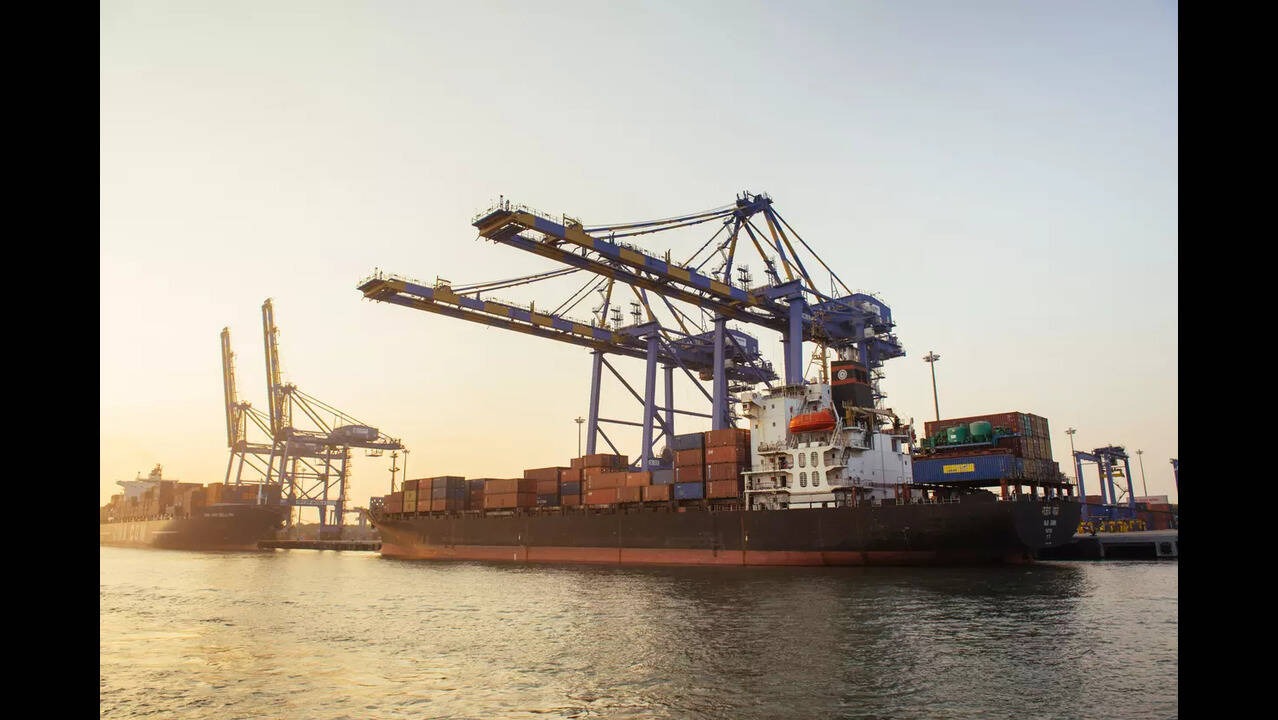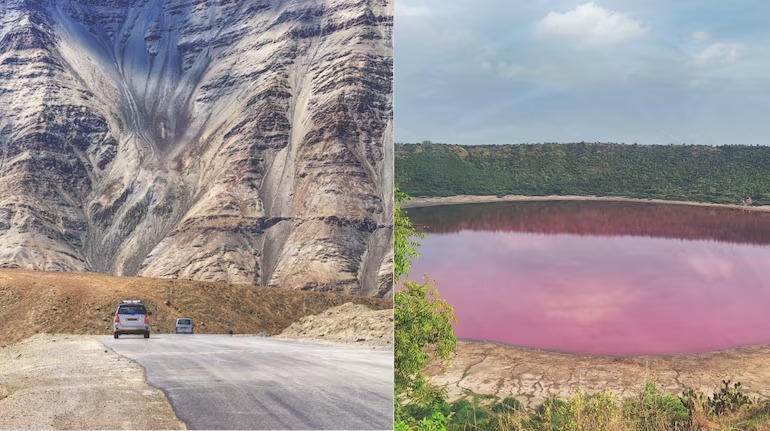
Follow WOWNEWS 24x7 on:

Madhya Pradesh has set a new benchmark in India’s renewable energy landscape by achieving a record-low tariff of Rs 2.7 per unit for a solar-plus-storage project in Morena. This marks the first time a firm renewable energy bid has cleared below Rs 3 per unit, signaling a major shift in the economics of clean energy procurement. The project, auctioned by Rewa Ultra Mega Solar Ltd (RUMSL), combines solar generation with battery storage to ensure round-the-clock availability and grid stability.
The winning bids were submitted by Ceigall India Ltd and ACME Solar, with tariffs of Rs 2.7 and Rs 2.764 per unit respectively. The project’s design and pricing structure are being hailed as a model for future renewable tenders, especially those targeting peak-hour reliability and cost efficiency.
Key Highlights From The Morena Solar-Storage Project
- Madhya Pradesh achieves record-low tariff of Rs 2.7/unit for solar-plus-storage
- Ceigall India Ltd and ACME Solar win bids for 600 MW capacity with 880 MWh dual-cycle storage
- First renewable energy project in India to offer 95 percent annual availability across peak and non-peak hours
- Tariff structure ensures equal capacity delivery during daytime and evening peak periods
- Developed by RUMSL, with power procurement by MP Power Management Company Ltd
Project Structure And Technical Design
The Morena facility comprises two units of 300 MW solar capacity each, co-located with battery energy storage systems (BESS) totaling 880 MWh. Each unit is designed to deliver 220 MW of real-time solar power, followed by two hours of stored energy during the evening peak and two hours in the morning using grid-charged input.
This dual-cycle configuration ensures consistent power supply across three critical periods:
- Solar generation during daylight hours
- Evening peak supply using stored solar energy
- Morning peak supply using grid-charged input from late-night hours
The project guarantees 95 percent annual availability, making it comparable to conventional thermal power in terms of reliability.
Tariff Innovation And Cost Efficiency
The Rs 2.7/unit tariff is considered a breakthrough in renewable pricing, especially for firm power delivery. Previous tenders for solar-plus-storage projects had cleared at higher rates, such as Rs 3.13/unit for four-hour storage or Rs 3.59 lakh/MW/month. The Morena tender’s customized design and flexible charging provisions helped achieve lower costs without compromising availability.
Developers will receive a fixed tariff for up to 220 MW, with an additional Rs 2.15/unit incentive for supply beyond that, capped at 300 MW. Charging power for the BESS will be provided free between 10 p.m. and 5 a.m., with penalties for exceeding daily limits.
Land And Infrastructure Support
RUMSL will provide 100 percent of the land required for the project—575 hectares for Unit I and 635 hectares for Unit II. Internal evacuation infrastructure will be developed by RUMSL, while external transmission will be handled by MP Transco under a unified contract to ensure synergy and timely execution.
The project is backed by a three-tier payment security mechanism, including:
- Letter of credit from MP Power Management Company Ltd
- Payment security fund with 12 months of liquidity support
- State government guarantee
Market Impact And Future Outlook
The Morena project sets a precedent for future renewable tenders by demonstrating that firm, dispatchable clean energy can be delivered at competitive rates. It also supports India’s broader energy transition goals by integrating storage into mainstream procurement.
Industry experts believe this model could be replicated in other states, especially those facing peak-hour deficits or grid instability. The success of this tender may also accelerate investment in battery manufacturing and grid modernization.
Looking Ahead
With commissioning scheduled by December 2027, the Morena solar-plus-storage project is poised to redefine how renewable energy is priced, delivered, and integrated into India’s power mix. As states seek cleaner and more reliable alternatives to coal, Madhya Pradesh’s achievement offers a blueprint for balancing affordability with sustainability.
Sources: Economic Times, Saur Energy, India Energy Storage Alliance.




